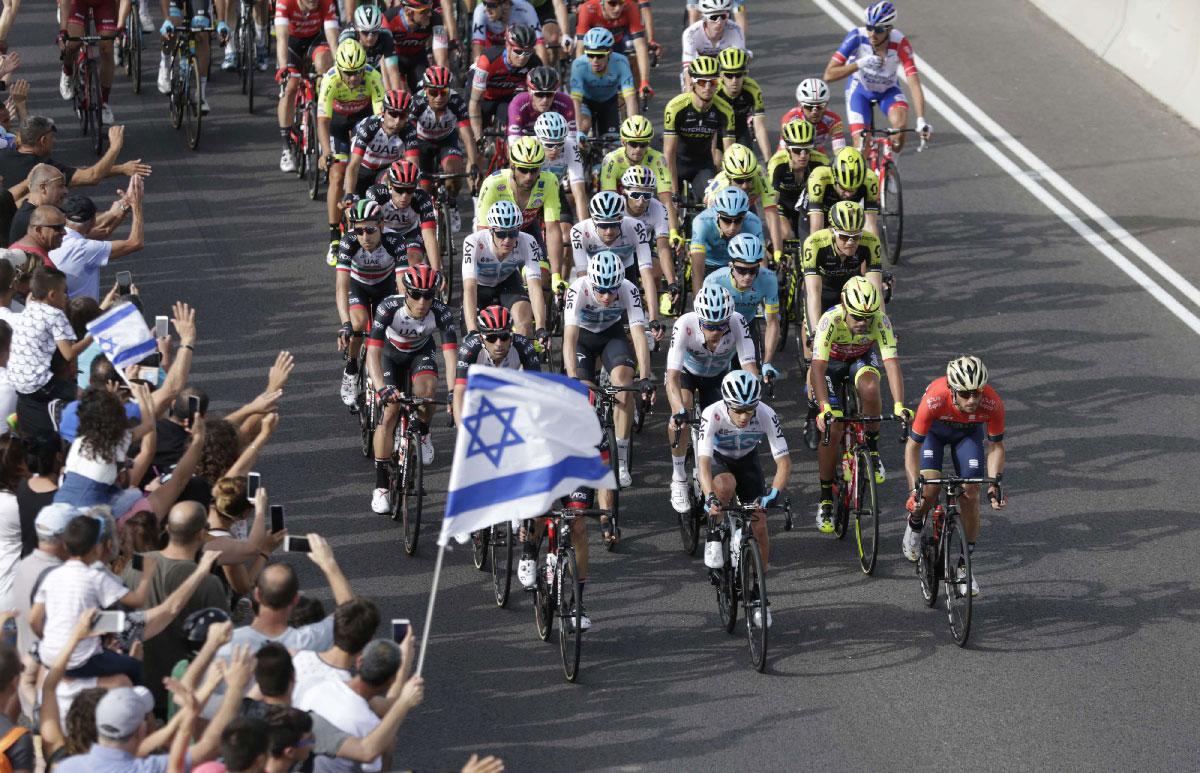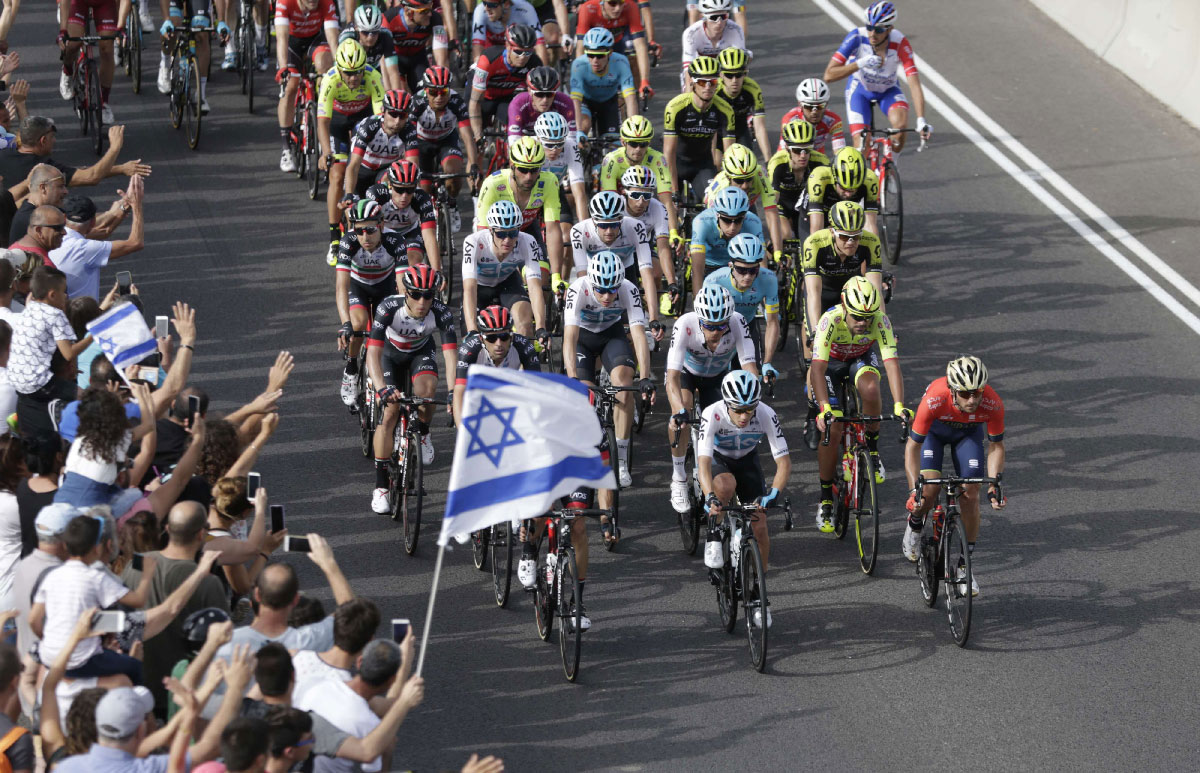Israel finds many benefits in closer ties to Europe
RAMALLAH - Israel, by hosting stages of the Tour of Italy cycling race and winning the Eurovision Song Contest, has gained momentum in Europe recently but these events are not isolated incidents. Israel has been working for decades to strengthen its relationship with Europe.
Israel’s connections with Europe predate its establishment as a state. The Zionist movement started in Europe at the end of the 19th century. Not only are the ideological underpinnings of the state of Israel essentially European but so is its population. More than 40% of Israeli Jews are potential EU citizens because of their European ancestry and 9% hold EU citizenship. Israel features prominently in European sports and cultural events, commercial agreements and political institutions.
One of the main strategies used by Israel to win support for its integration with Europe has been to emphasise its isolation in the region. Over the years, the boycott by the Arab League has been invoked as an obstacle to Israel’s economic development and as proof of its neighbours’ hostility.
The boycott includes direct trade with Israel and of foreign companies that do business with Israel. Egypt and Jordan signed treaties ending their participation in the boycott in 1979 and 1994, respectively; Algeria, Morocco and Tunisia do not enforce the boycott and Mauritania never applied it. In practice, Syria and Lebanon are the only countries in the Arab League that actively enforce the boycott.
Israel has overplayed the effects of the boycott to gain sympathy from Europe and establish closer commercial ties. Israel is one of the European Union’s main commercial partners and benefits from membership to many EU networks and programmes.
Beyond economic interests, Israel is keen to influence Europe’s perception of Israel. When emphasising its regional isolation, Israel fails to mention the reasons behind it — crimes committed by Israel against the Palestinian people — and chooses to focus on hatred and discrimination instead.
Sports and cultural events divert attention from war crimes, a strategy branded as “whitewashing” by critics of Israel. The Israeli government uses these events to improve its international image, especially in Europe, where support is not as unconditional as in the United States. Hosting the initial stages of Tour of Italy this year and possibly Eurovision in Jerusalem in 2019 are manifestations of a gradual process of integration.
These events help push the Israeli narrative. When Tour of Italy organisers started talking about “West Jerusalem” as the start of the race, Israeli Sports Minister Miri Regev stressed that “Jerusalem” is one and indivisible. She threatened to cut state subsidies for the race unless only the term “Jerusalem” was used. Organisers complied and promoted the race in Jerusalem.
Israel’s presence in cultural and sports events creates the impression that the country is more European and less Middle Eastern. Israel has always tried to distinguish itself from its neighbours as the “only democracy in the Middle East,” one that shares cultural values and historical connections to Europe. These whitewashing efforts distract the public discourse from the crimes and unlawful colonial expansion of Israel and strengthen its regional position with European support.
Promoting itself through economic trade, tourism, sports and culture, Israel is trying to rebrand itself, normalising its presence in Europe. While the support of the United States has been almost unconditional, the situation in Europe is different, where countries have been more willing to criticise and condemn Israel for its crimes.
However, through this process of Europeanisation, Israel is creating strong links with Europe and European citizens. These economic and cultural ties make it easier for Europeans to associate Israel’s unlawful attacks and oppression of Palestinians with their own war on terror, to see Israel as the victim and to justify its crimes based on the broader fight against terrorism, unaware of the settler colonial nature of Israel.
By creating closer ties with Europe, it will be increasingly harder for European countries to isolate or sanction Israel for its international crimes.
This is a very important goal considering the increasing support for the Boycott, Divestment and Sanctions movement aiming to end international support for Israel and the recent calls by the United Nations and human rights organisations to pressure Israel to end its violations of international law. This reality has forced Israel to react and tightening links with Europe is an integral part of its survival strategy.
Maya al-Orzza is a legal researcher based in the West Bank.
Copyright ©2018 The Arab Weekly.







